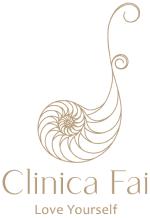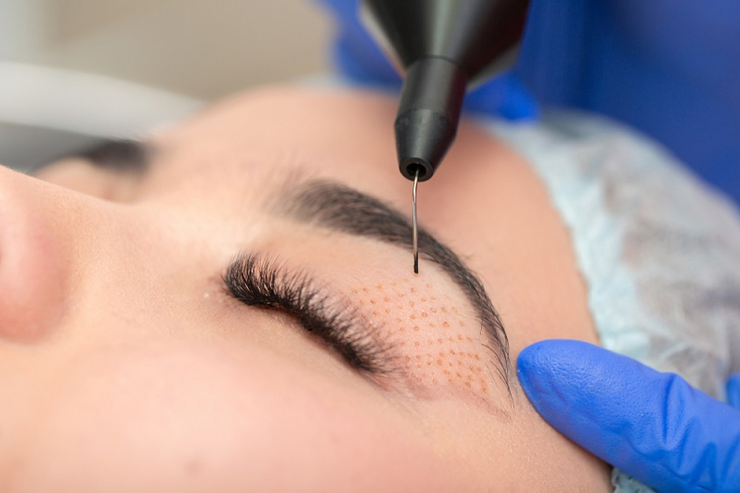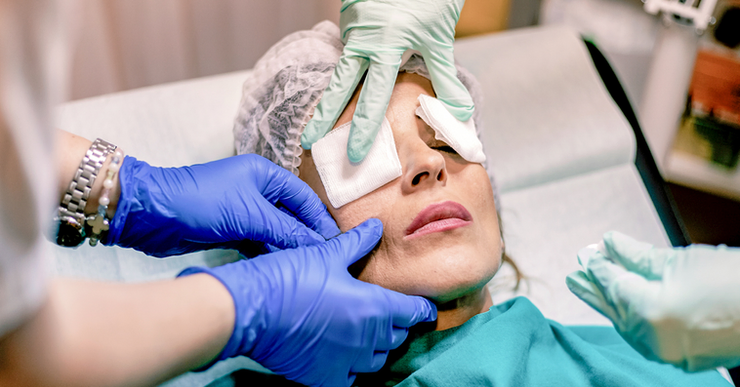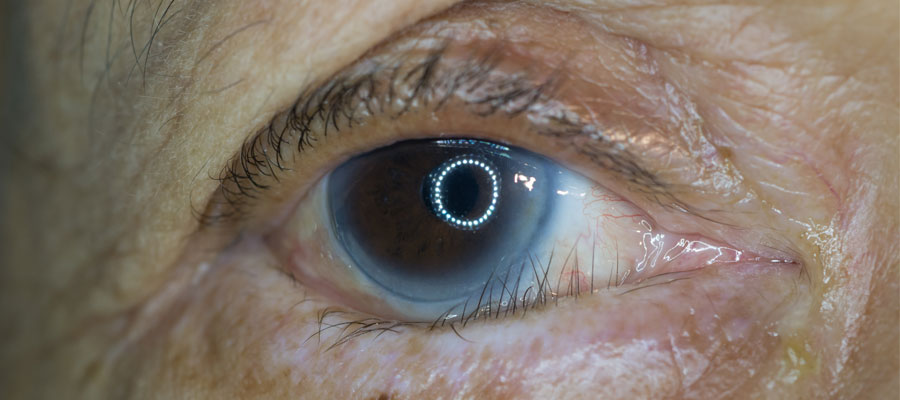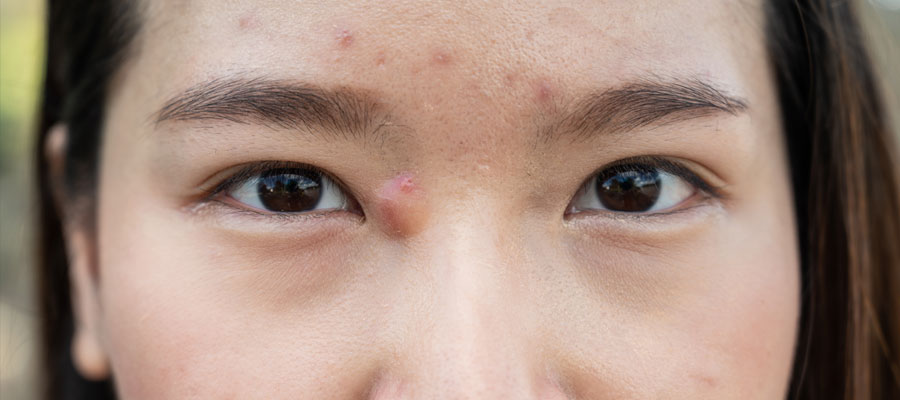Questions to Ask During Your Eyelid Surgery Consultation
Dr. Shubhra Goel, Co-founder, CEO, and Chief Surgeon at Clinica Fai, India’s first virtual eye face rejuvenation clinic, emphasises giving personal care to all the patients. All members of the Clinica Fai team are great listeners. Throughout your journey, they are with you, from understanding your concerns to walking you through various treatment options, to the surgery, especially during the post-surgery recovery period. So if you are looking to restore the function of your eyes due to an underlying disease, reconstruct the eyelids due to injury or enhance the appearance of your eyes and face, you will receive utmost care at Clinica Fai. Hence, without any apprehension, you can ask all your questions before you choose to undergo eyelid surgery. In this blog, you will know what questions to ask during your eyelid surgery consultation?
Frequently Asked Questions During Your Eyelid Surgery Consultation?
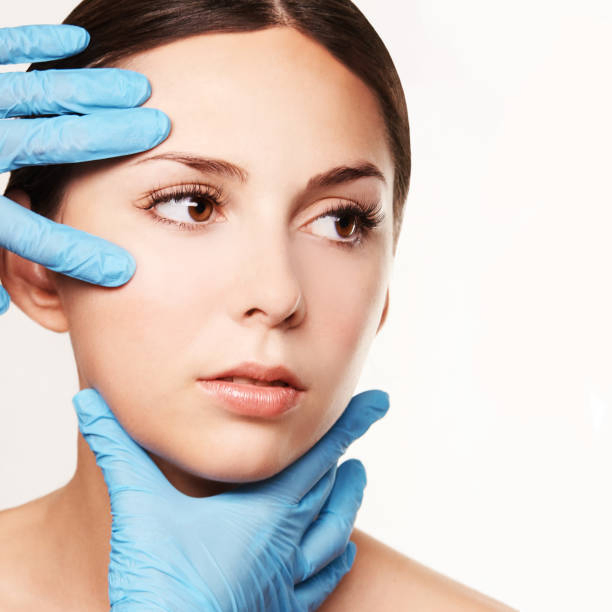
Am I suitable for eyelid surgery?
Dr. Goel will evaluate every patient individually and determine if the surgery is right for them or not. Every patient who approaches the clinic has their own goals for which they are seeking eyelid surgery. Firstly, Dr. Goel will understand the underlying reasons for the surgery. Suppose the patient can avoid the surgery, or Dr. Goel can treat the underlying conditions with non-surgical methods. In that case, she will encourage them to consider these options. She believes in taking a holistic approach.
Along with presenting a treatment plan, she will also recommend necessary dietary, physical and mental wellbeing approaches through specialists on our panel. Additionally, suppose there is any other significant health issue that requires attention. In that case, she will provide a referral to a relevant specialist doctor as well.
Finally, she will provide details of the treatment and how much time the end-to-end treatment will take, including the recovery period. You must be prepared to take some time off after the surgery so that your recovery goes smoothly. Another essential aspect is setting realistic expectations. Everybody has a unique anatomical facial structure. Hence, it is crucial to set realistic expectations about your appearance after the surgery. Make sure that you discuss this point very clearly during your consultation.
Are there any age restrictions for considering oculofacial treatments?
There is no specific age limit. There are three reasons why people need oculofacial treatments: functional (where an underlying medical issue is limiting the full use of the face or eye), trauma (where an injury, accident, or disease has caused disfigurement, scarring, or change in the appearance of eye or face) and finally cosmetic (where someone wants to enhance their appearance. In each of these cases, the reason for needing the surgery is different.
Dr. Shubhra Goel will take a call after a detailed discussion and thorough examination on whether the patient is ready for oculofacial treatment or not. Dr. Goel is a big proponent of a holistic approach and will explore non-invasive, non-surgical options wherever possible. In the case of younger patients, she is cautious about making the patient is requesting treatment for the right reasons and sets realistic expectations.
- Looking old, tired, drunk and sad
- Feeling or looking sick and unwell
- Difficulty in wearing glasses due to excessive fat
- Limited field of vision due to lateral hooding of skin along with the upper lids
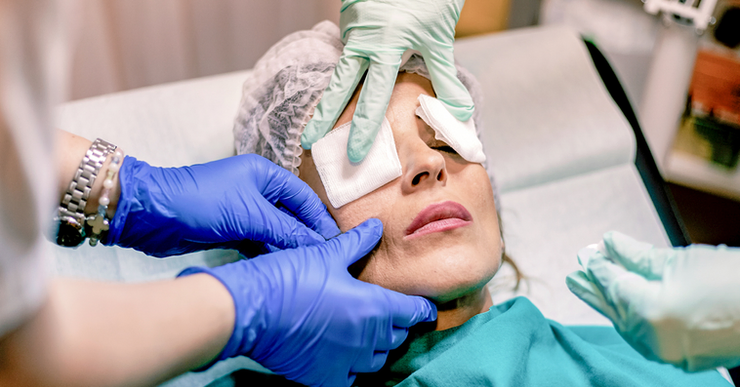
Does insurance cover eyelid surgery?
Insurance coverage for eyelid surgery needs to be evaluated on a case-to-case basis. It depends on various factors like the reason for the treatment and the patient’s kind of insurance policy. Some insurance providers cover eyelid surgery only for medical reasons, whereas others also cover cosmetic options. We at Clinica Fai will undoubtedly help you figure out whether your insurance will cover the eyelid surgery and give you complete details of the cost of the treatment.
Will I experience pain during the surgical process?
No, you will not experience much pain during the surgical process. Most of these surgeries are conducted under local anaesthesia with mild sedation, which minimises any pain or anxiety that the patient may feel
Most patients find it surprising to hear that the pain after the surgery is also minimal. After the surgery, your doctor will prescribe pain medication which will help in reducing any discomfort during the recovery process. During the healing process, if the pain increases substantially, then visit your doctor immediately.
What should I do on the day of the surgery?
In typical cases, eyelid surgery is done on an outpatient basis, so make sure that you are at the clinic precisely at the time of appointment. While fixing appointment time, make sure you calculate the time it takes to travel to the clinic. For most patients, the whole surgical process gets completed in a couple of hours. However, due to the ointments and the drops applied during the eyelid surgery, you won’t be able to go home by yourself. So make sure you have someone with you to take you home safely. Immediately after the surgery, there will be swelling and bruising, so start applying an ice pack every 2 hours on the day of the surgery.
What is reconstructive eyelid surgery, and how is it different from cosmetic surgery?
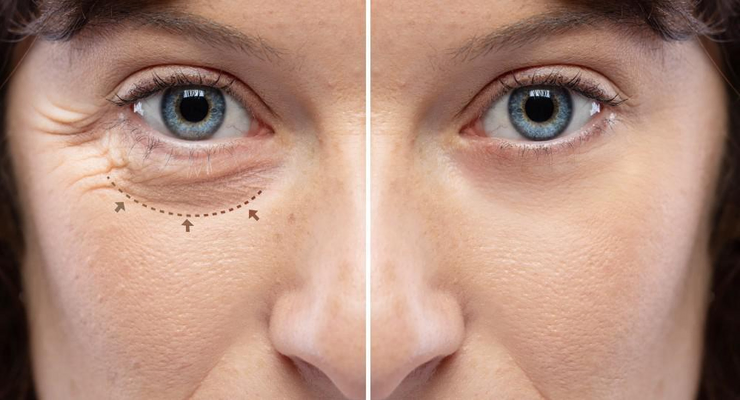
Due to multiple reasons like congenital disabilities, accidents, injuries, cancer, oculofacial plastic surgeons undertake reconstructive surgery to restore the eye’s and face’s appearance and functionality. This is different from cosmetic surgery, which is typically undertaken to improve the face or eye as the patient wants to enhance their looks.
Will there be unsightly scars?
Experienced and skilled team members lead Clinica Fai. When performed by such an experienced surgeon, you should not see any visible scars. In most of the procedures, the changes are undertaken in the hidden areas of the eyes like creases, skin folds, etc. This approach minimises any visible changes to the look of the face or eye. Scars develop very rarely. In such cases, oral or injectable medications are given to minimise the appearance of the fault.
What is the longevity of the results?
It depends on the type of treatment being undertaken, the genetic predisposition of the patient and the natural aging process. Typically most treatments last for 3-5 years.
At ClinicaFai, we offer virtual consultation, so select a time and date convenient for you for the video consultation. Freely discuss your questions from the comfort of your home. Contact us at: [email protected]. or call us at +916281117454.
